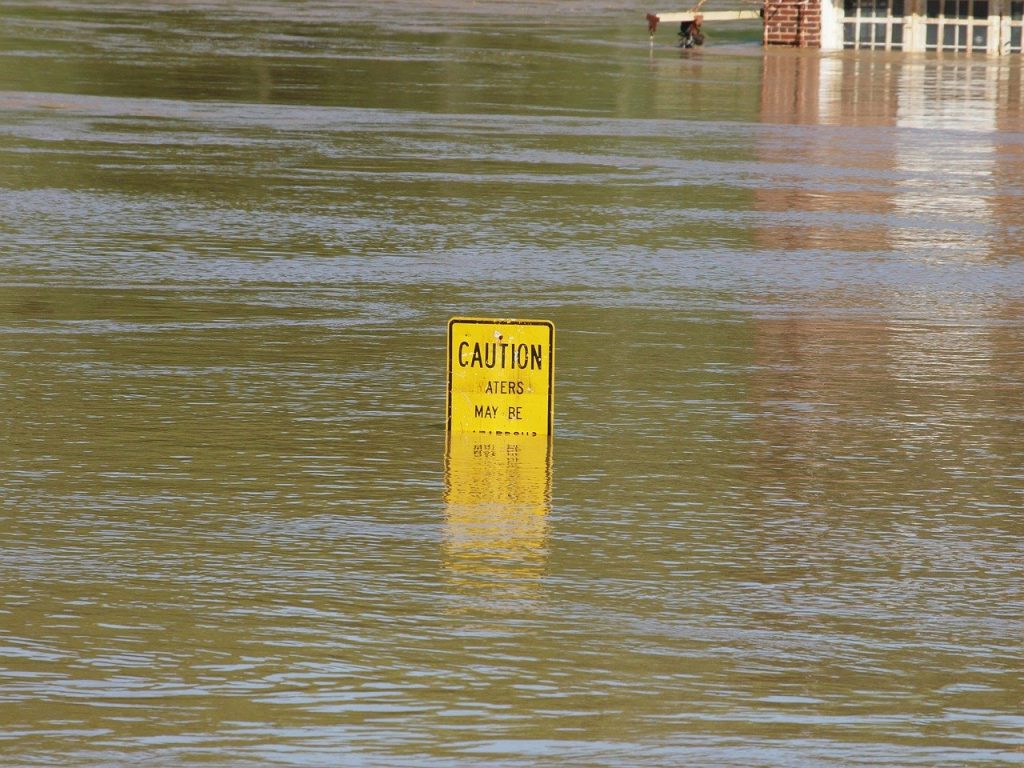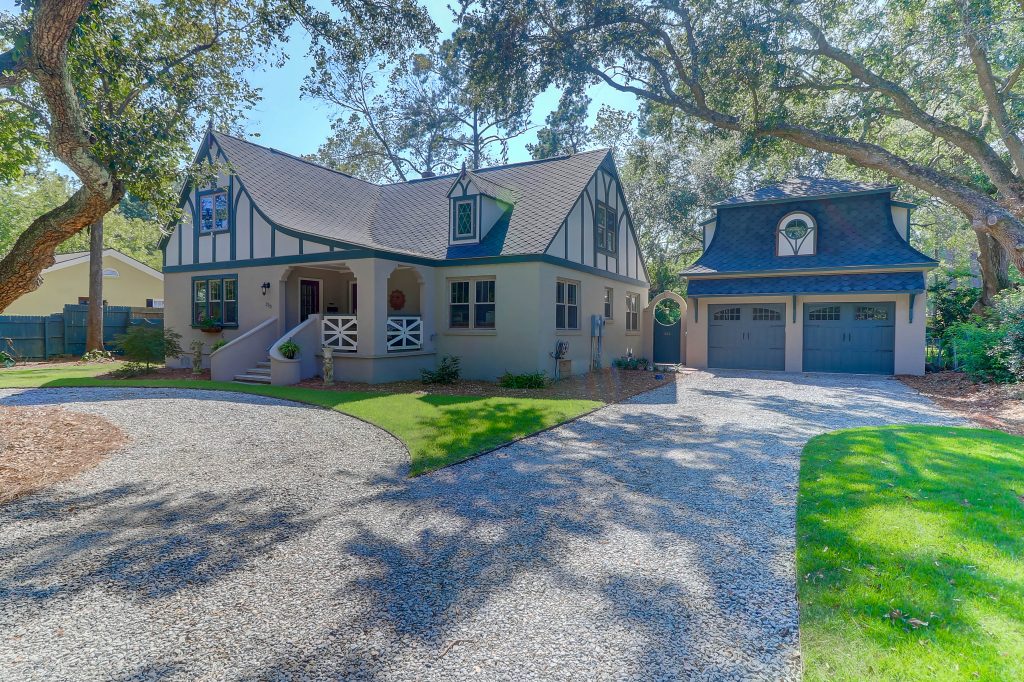With people throughout the Lowcountry becoming more alarmed by increased flooding and climate change, it might be a good idea to take a look at some ways to lower flood insurance costs.
Elevation Certificate

A Flood Elevation Certificate plays a crucial role in determining the amount of your Flood Insurance quote. The primary function of the FEMA elevation certificate is to determine and certify a structure’s elevation to the base floodplain level. The higher the floor level and other structures are above the flood plain level, then the lower the flood insurance premium. The lower the floor level, the higher the premium.
The certificate comes in handy for determining if the structure is actually in a flood hazard area. For instance, the land may be in a flood hazard area but the structure itself may be in Zone X. Zone X does not require flood insurance, although it is still available. A buyer or buyer’s agent should always ask the seller for an existing and current flood elevation certificate up-front. It will save time and expense for the buyer.
Homeowners can also save with an elevation certificate
An elevation certificate is not just for buyers. Current homeowners could potentially save money in flood insurance premiums. A seller with a current elevation certificate could provide a copy to buyers. Buyers are then able to obtain solid insurance quotes up-front which give buyers confidence. Too many buyers are scared off by the unknown of flood insurance costs. The time it takes to get a Flood Insurance quote could cost you a buyer. A seller with an elevation certification may have an advantage in attracting and keeping buyers even if the home is in a flood zone. A typical elevation certificate might cost between $400 and $800 depending on the home and property
Elevating your home
A huge determining factor of flood premium is the floor level, and other structures of the home compared to the base floodplain level. The higher the structure is above the floodplain, the lower the risk. Again, lower risk equals lower premium. Conversely, a home below the floodplain will make the premium much higher. Many people who live in the Charleston area have determined that it is often cost effective in the long run to actually elevate their homes or remove enclosures and equipment that are in the floodplain.
FEMA states, “A first floor elevated three feet above the base flood elevation, can expect to save 60% or more on annual flood insurance premiums.” In the case of living on the oceanfront, a 60% premium savings is significant.
Install Certified Engineered Flood Vents
FEMA states that homes which have enclosure walls beneath the base flood elevation must have flood openings. If there are no flood openings on a home, this will increase flood insurance costs dramatically. These openings are called certified engineered flood vents. When considering flood vents, it is key to consult a flood mitigation expert. Speak with your Insurance agent, surveyor and/or professional consultant to determine exactly how, where and how many of the vents must be installed for you to receive credit for them in mitigating the cost of flood insurance. Typically you need 1 square inch of ventilation for each square foot of enclosed area with A minimum of two vents per enclosed area. The two vents must be on at least two different sides of the exterior walls. The bottom of the flood vent opening must not be higher than 12 inches above the adjacent grade. The top of the opening must be below the Base Flood Elevation (BFE). Some types of Engineered vents wiil allow you to have fewer vents
Community Rating System
If considering the purchase of a home in a flood hazard area, make sure to find out if the community is enrolled in the Community Rating System (CRS). If the community is enrolled, a flood insurance discount is possible. FEMA states “the discount is calculated based on the community’s efforts to reduce the risk of flooding.”
Converting Ground Floor Living Space
Sometimes a multi-level home may have a first floor beneath the base flood elevation. As mentioned, living space below the flood plain level increases an insurance quote significantly. Another consideration is to convert first floor living space into an open foundation. This would reduce heated square footage which does affect the living space and possibly value negatively. However, this conversion could make a huge difference in flood insurance premiums, potential future damage, and even help attract buyers. For further details on ground floor conversions see FEMA.
Assume Grandfathered Policy
If buying a house in a flood hazard area, always ask if there is an existing flood policy. The policy may be assumable and there could be advantages, especially if the property and insurance are grandfathered in. Under the National Flood Insurance Program, grandfathering was created for owners that had flood insurance in place prior to the maps. Additionally, homes built to the standards relative to the map in effect at the time of construction may be grandfathered.
When assuming an existing policy, the prior rating will remain in effect even if the flood zone has changed. Although, this is only the case if there has been continuous flood insurance in place on the property. Each lender may be different in regards to allowing a buyer to assume an existing flood policy. Therefore, determine how much time is left prior to the policy renewal date and relay that to your loan officer.
- For more information on Flood Insurance, contact your current or prospective Homeowners Insurance provider.

